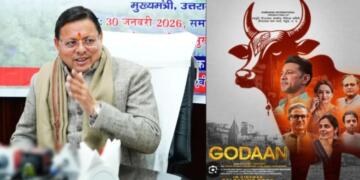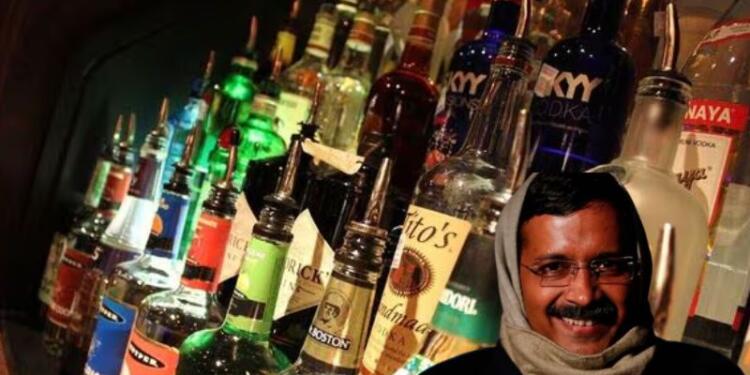The Delhi Assembly elections have brought the Aam Aadmi Party (AAP) to its lowest in over a decade. A party which once gaind prominence as the people’s party now finds itself in shambles. The latest results for the Delhi Assembly has thus raised a significant question— Is AAP on the verge of decline?
In 2012, when the India Against Corruption Movement of Anna was stirring the debate for change in the political system by bringing the accountability in it, the Congress faced its heat, so much so, that its ouster from power was clearly visible and it was just a matter of time.
After finding that movement alone could not conceive the desired output of Jan Lokpal Bill, Arvind Kejriwal along with his team parted ways with Anna Hazare and formed the AAP on November 26, 2012.
The party promised revolutionization of politics and people-centric administration. As a result, it managed to win 28 seats. While it was the second largest party, it formed a government with the same Congress against which it fought the polls. But the government fell in just 49 days marking the first failure of the party.
Being the seasoned activist, Kejriwal soon sensed popular resentment against him for going with Congress and aplogised to people while urging for giving full majority to AAP in next elections.
His appeal worked and after two years in 2015, AAP decimated every other opponent and won 67 out of 70 seats in Delhi.
The win established AAP as one of the biggest competitors to the BJP as by the time, BJP had already formed the govt at Centre due to the Modi wave and Congress was reduced to less than 50 Lok Sabha seats across India. Besides, this result came after BJP won all 7 Lok Sabha seats in Delhi in 2014.
With rising aspirations, AAP stepped out of Delhi and tried its luck in Gujarat, Goa, UP and other states in the coming years.
Within 7 years, it gained the position of the only party that had seen an upward and expansive political growth in the Modi era.
From municipality elections in Assam to state and civic body polls in Goa and Gujarat, AAP managed to clinch seats. However, its rise peaked in 2022, when it became the third party after BJP and Congress to have governments in more than one state. It won Punjab Assembly elections.
Strictly speaking, this rise of AAP and Arvind Kejriwal was due to their feature that it was doing Pro-people politics. The people anticipated that Kejriwal would bring optimistic changes in Indian politics and the gap between people and power would be reduced. Kejriwal’s policies like free electricity, bus tickets for women and mohalla clinics were instrumental in sustaining that belief in the people.
But instead of solidifying that belief, Kejriwal shifted his focus on his expanding party and its scope beyond Delhi. This caused a liquor scam which initiated his downfall.
First and foremost, it was the time when Delhi started believing that their government was corrupt. Secondly, the scam painted AAP as morally unfit due to the ‘buy one get one free’ liquor policy. In a country, where liquor ban can help in retaining the government (Bihar), providing free liquor is like betting on a lost battle.
People could see clearly that AAP was no different. This corruption charge was further proved by the Sheeshmahal. The high rhetoric undelivered promises on Yamuna and pollution, all cleared the fog and punctured the hopes of Delhiites from Kejriwal.
The latest result shows that AAP is now in crisis mode, a crisis of its survival as in the past 12 years, its graph had gradually but steadily increased until it fell steeply within a brief period of time.
The biggest challenge for AAP is now to uphold its relevance as what it has lost is not only the election but the essence of its name ‘Aam Aadmi’ due to sheesh mahal like controversies and moral characteristic due to corruption after rising from the ‘India Against Corruption Movement.’
Also Read: PM Modi Slams AAP and Congress After BJP’s Landslide Victory in Delhi Elections
Besides, the BJP has vowed to form an SIT to probe corruption which will further peel the layer of irregularities from the past decade reducing the chances of the party’s comeback for next few terms.




























